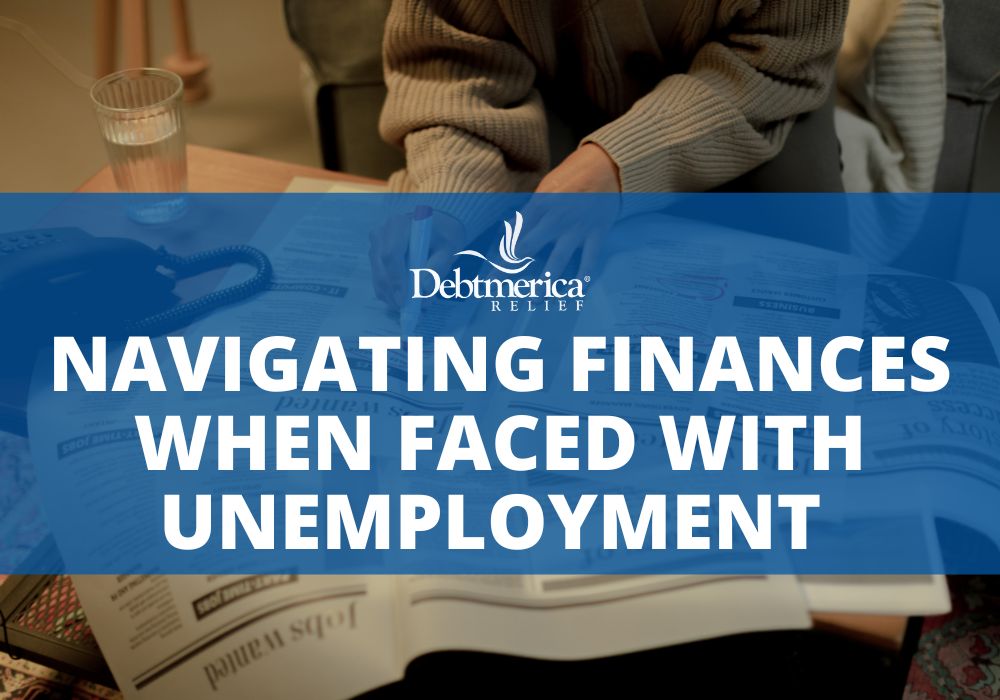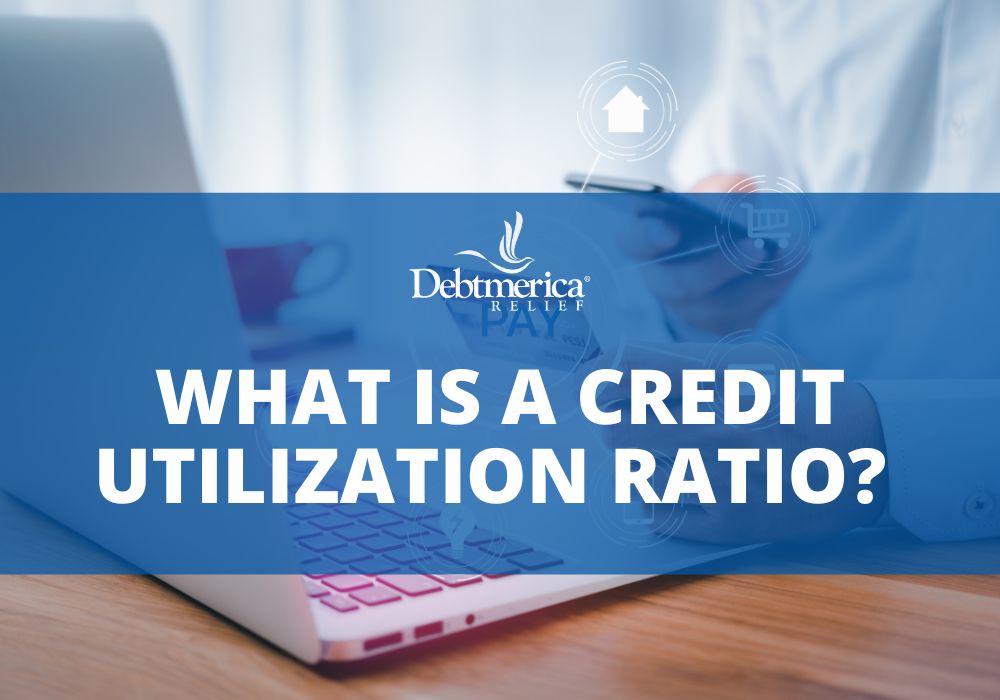Navigating Finances When Faced with Unemployment

Unemployment can strike unexpectedly, leaving individuals and families grappling with financial uncertainty. In such challenging times, it is crucial to approach the situation strategically and make informed decisions to weather the storm. This article aims to provide guidance on what to do financially if you suddenly find yourself unemployed.
Assess Your Finances
The first step is to conduct a thorough assessment of your financial situation. Take stock of your savings, monthly expenses, and any outstanding debts. Understanding your financial standing will help you create a realistic budget and determine how long your savings can sustain you.
Contact Creditors and Lenders
If you have outstanding debts, contact your creditors and lenders to explain your situation. Many financial institutions offer hardship programs or temporary relief options. Negotiate a feasible payment plan or inquire about deferment until you are back on your feet. Prepare to show proof of job loss. It’s also a good idea to let your landlord know you are experiencing unemployment in order to work out an arrangement. Be sure to get any communications in writing and keep a copy for your own record.
Review Insurance Coverage
Examine your health insurance, life insurance, and other insurance policies. Some employers provide coverage that extends for a certain period after termination. Explore options such as COBRA or individual health plans to ensure you remain adequately covered during unemployment.
Create a Budget
Develop a detailed budget that prioritizes essential expenses such as housing, utilities, groceries, and healthcare. Cut back on discretionary spending and identify areas where you can make temporary adjustments to reduce costs. Creating a budget helps you allocate resources efficiently during a period of unemployment.
Explore Government Assistance Programs
Investigate available government assistance programs designed to support individuals facing unemployment. Depending on your location, there may be unemployment benefits, food assistance programs, and housing support that can provide temporary relief.
Monitor Your Credit Report
Regularly check your credit report to ensure there are no inaccuracies or unauthorized activities. Maintaining a good credit score is essential for future financial stability, and addressing any issues promptly can prevent long-term damage to your credit history. You should also consider adding a consumer statement to your credit report. This statement is typically a 100-word used to provide creditors with additional information about your score. The statement will remain on your credit report for two years, unless you remove it before it falls off.
Tap into Emergency Savings
If you have an emergency fund, now is the time to use it judiciously. Prioritize essential expenses and avoid dipping into savings for non-essential items. This fund can serve as a financial safety net during the transitional period.
Update Your Resume and Network
Use the downtime to update your resume, enhance your skills, and reach out to your professional network. Networking can open doors to potential job opportunities and keep you informed about the job market.
Consider Gig Work or Freelancing
Explore short-term gig work or freelancing opportunities to generate income while searching for a full-time position. Platforms like freelancing websites or gig economy apps can connect you with temporary employment options.
Invest in Personal Development
Use the time off to invest in your personal and professional development. Acquiring new skills can enhance your marketability and increase your chances of landing a job when the market improves.
Stay Positive and Seek Support
Unemployment can take a toll on mental well-being. Stay positive, maintain a routine, and seek support from friends, family, or support groups. Mental health is essential during challenging times.
Debt Help for the Recently Unemployed
Facing unemployment is undoubtedly a daunting experience, but taking proactive steps to manage your finances can alleviate some of the stress. By creating a budget, exploring assistance programs, monitoring your credit report, and staying resilient, individuals can navigate the challenges of unemployment and position themselves for a successful financial recovery.
If you need help with debt, contact us for a free consultation.



